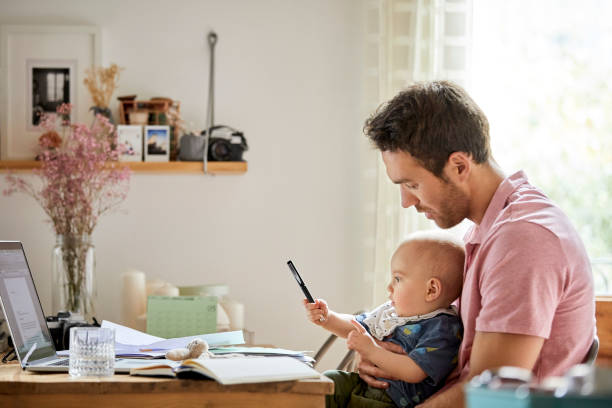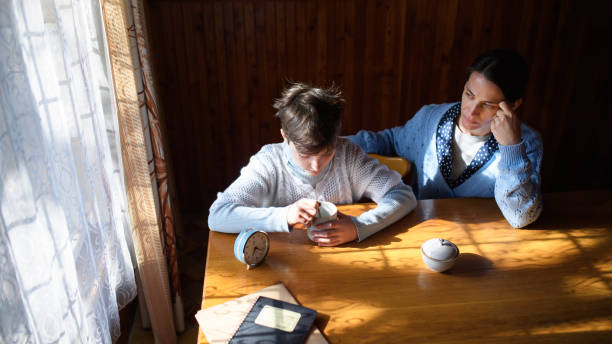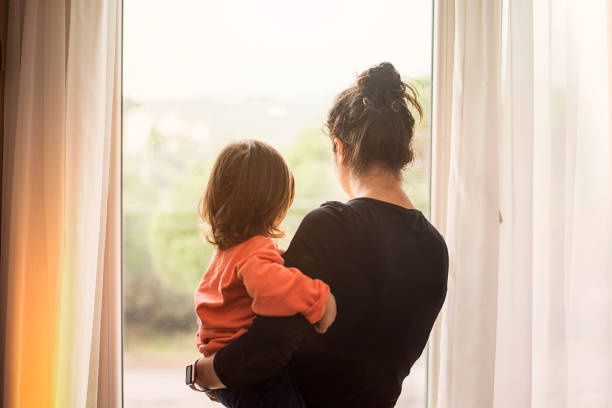Clients often ask us the question “what does sole parental responsibility mean”? Sole parental responsibility is in fact a very important concept under family law. In simple words, it means that only one parent has parental responsibility.
This article aims to answer the question “what does sole parental responsibility mean” by exploring the definition, and other relevant aspects related to this topic.
Many divorcing or separating couples with children are concerned about the question “what does sole parental responsibility mean.”
However, before we delve into the topic of sole parental responsibility, let’s first consider what is parental responsibility? Section 61B of the Family Law Act (1975) defines parental responsibility as:
Parental responsibility, in relation to the child, means all the duties. powers, responsibilities and authority, which, by law, parents have in relation to children.
What Is Parental Responsibility?
As per the definition given above, it is the duties that parents have in making short-term and long-term decisions in the child’s life. Importantly, Australian legislation operates under the presumption of “equal shared parental responsibility.”
This presumption means that both parents will have responsibility over the children. They will have equal authority to make all day-to-day decisions related to the child. For example, some long term decisions include:
- medical treatment;
- cultural and religious matters;
- education;
- health matters etc.
The only case in which family courts will not apply this presumption is when one parent has exposed the child to family violence. Moreover, the presumption will not apply even if that parent has subjected the child to some form of harm, abuse or neglect.
The court might also consider factors like the parents’ inability to communicate with each other, or their inability to reach agreements about decisions related to the child’s life. So, what does sole parental responsibility mean? The section below discusses this in detail.

What Does Sole Parental Responsibility Mean?
As the name suggests, it means that only one parent has parental responsibility. Only that parent will have the authority to make all decisions in the child’s life. Notably, courts will grant sole parental responsibility if it deems it to be in the best interests of the child.
The sole parent can make decisions without the consent of the other parent. A parent seeking sole parental responsibility must approach family courts. Courts will then assess the circumstances of the case and make orders accordingly.
You must be wondering, what does sole parental responsibility mean for the child? Under family law, the best interests of the child is always given paramount consideration. Therefore, while the single parent may have all decision-making authority in the child’s life, it does not mean that the child cannot spend time with the other parent.
This is because, one of the primary considerations outlined under Section 60CC (best interests of the child) of the Family Law Act (1975), is the benefit to the child of having a healthy and meaningful relationship with both parents.
Sole parental responsibility means that the Court rebuts the presumption of equal shared parental responsibility. This can happen in the following instances:
- A parent has abused the child, or abused another child from the family or the other parent’s family.
- He/she has exposed the child to family violence or domestic violence, or caused some harm to the child.
Therefore, the court will evaluate the evidence before making any binding parenting order.
Is Sole Custody The Same Thing?
When people use the term “sole custody” they might use to indicate that the other parent has no custody rights over the child. On the other hand, in case a parent has sole parental responsibility, the other parent can still enjoy visitation and custody rights.
There are many discrepancies around the usage of these terms in Australian family law. Moreover, it is also not always necessary for a parent to lose all custody rights if another parent has sole custody over the child.
That only happens if the court has placed a no-contact order on a given parent. In this case, that parent cannot have any access to the child. Once again, because the court gives importance to the child enjoying a relationship with both parents, the court rarely makes such no-contact orders.
Essentially, all these matters differ on case-to-case basis. The circumstances of each family law matter is very different. Therefore, it is always recommended to approach legal professionals to handle such intricacies in your family law matter.
What Does Sole Parental Responsibility Mean: Single Parent Statistics Australia 2022
While discussing the question ‘what does sole parental responsibility mean’ we must also check real-world statistics about single parents in Australia. A recent article on census data revealed that the number of single or sole-parent families in Australia has increased.
Additionally, studies found that the majority of sole parents were females. The article states that there are more than 1 million families in Australia that are headed by a single or sole parent.

I Want Sole Parental Responsibility For My Child. Will I Need A Lawyer?
Family law is complex and, family law legislation in Australia is extensive. Therefore, building a case for yourself might be difficult. This is especially so in matters related to parenting as the court needs to be satisfied that this will be in the best interests of the child.
Therefore, it is very important to have a family lawyer by your side. Our family lawyers at JB Solicitors will assess your circumstances and propose the best option for you. The firm’s expert lawyers have years of experience under their belt.
By utilising their knowledge, they can chalk out a plan that works best for your case. For single parent matters, you will also need to provide convincing evidence behind the reasons you should have sole parental responsibility.
Our lawyers can help you build your family law case such that you reach the best possible outcome for your matter. Moreover, we acknowledge that legal costs can be very high. Hence, we also offer fixed-fees for some of our family law services.
If you have more questions like ‘what does sole parental responsibility mean’, please do not hesitate to contact us.
